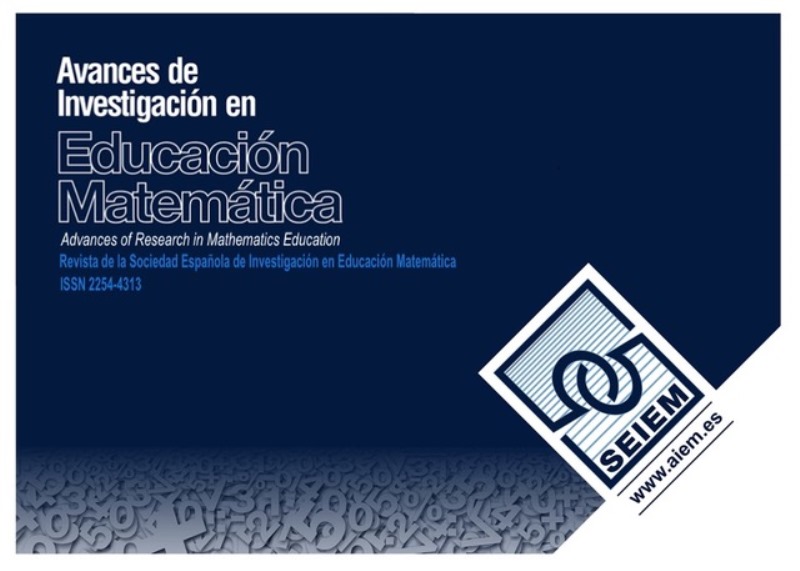Advances of Research in Mathematics Education
Three qualitative transitions in process
DOI:
https://doi.org/10.35763/aiem.v0i16.285Abstract
Our journal is experiencing three related transitions in the directions of: (i) becoming more international, (ii) becoming more influential, and (iii) becoming more formative. As a tool serving the community of mathematics education research, AIEM is a project responsible for contributing to the development of this community through actions aimed at being put and impacting on the highest level state-of-the-art – which is necessarily international –, and at supporting researchers so that their articles are useful to these two aims. In this editorial, certain interpretations of ‘international’, ‘influential’ and ‘formative’ are problematized and then unpacked to prioritize scientific meanings.
Downloads
Downloads
Published
How to Cite
Issue
Section
License
The articles published in this journal are under a license Creative Commons: By 4.0 España from number 21 (2022).
Authors who publish with this journal agree to the following terms:
- Authors retain copyright and keep the acknowledgement of authorship.
- The texts published in this journal are – unless indicated otherwise – covered by the Creative Commons Attribution 4.0 international licence. You may copy, distribute, transmit and adapt the work, provided you attribute it (authorship, journal name, publisher) in the manner specified by the author(s) or licensor(s). The full text of the licence can be consulted here: http://creativecommons.org/licenses/by-nc/4.0.
- Authors are able to enter into separate, additional contractual arrangements for the non-exclusive distribution of the journal's published version of the work (e.g., post it to an institutional repository or publish it in a book), with an acknowledgement of its initial publication in this journal.
- Authors are permitted and encouraged to post their work online (e.g., in institutional repositories or on their website) prior to and during the submission process, as it can lead to productive exchanges, as well as earlier and greater citation of published work (See The Effect of Open Access).









